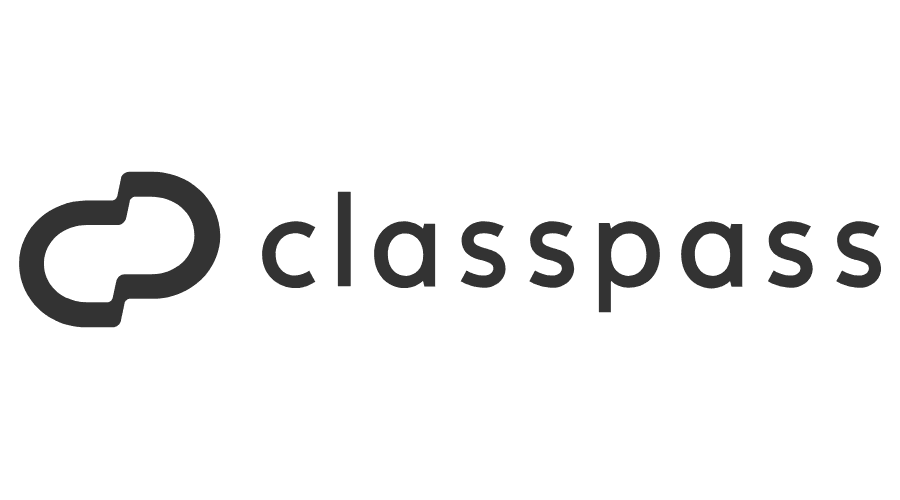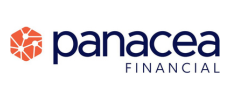IRS Highlights Tax Deductions
Per the notice below, the United States Internal Revenue Service (IRS) is highlighting tax deductions.
 | ||
|
Deductions for individuals: The difference between standard and itemized deductions and what they mean
A deduction reduces the amount of a taxpayer's income that's subject to tax, generally reducing the amount of tax the individual may have to pay. Most taxpayers now qualify for the standard deduction, but there are some important details involving itemized deductions that people should keep in mind.
Standard deduction
The standard deduction is a specific dollar amount that reduces the amount of taxable income. The standard deduction consists of the sum of the basic standard deduction and any additional standard deduction amounts for age and/or blindness. In general, the IRS adjusts the standard deduction each year for inflation. It varies by filing status, whether the taxpayer is 65 or older and/or blind, and whether another taxpayer can claim them as a dependent. Taxpayers cannot take the standard deduction if they itemize their deductions. Taxpayers can refer to Topic No. 501, Should I Itemize?, for more information.
Itemized deductions
Some taxpayers choose to itemize their deductions if their allowable itemized deductions total is greater than their standard deduction. Other taxpayers must itemize deductions because they aren't entitled to use the standard deduction. Taxpayers who must itemize deductions include:
- A married individual filing as married filing separately whose spouse itemizes deductions.
- An individual who was a nonresident alien or dual status alien during the year (some exceptions apply).
- An individual who files a return for a period of less than 12 months due to a change in his or her annual accounting period.
- An estate or trust, common trust fund, or partnership.
Schedule A (Form 1040) for itemized deductions
Taxpayers use Schedule A (Form 1040, Itemized Deductions or 1040-SR, U.S. Tax Return for Seniors) to figure their itemized deductions. In most cases, their federal income tax owed will be less if they take the larger of their itemized deductions or standard deduction. Taxpayers can review the instructions for Schedule A (Form 1040), Itemized Deductions, to calculate their itemized deductions, such as certain medical and dental expenses, and amounts paid for certain taxes, interest, contributions, and other expenses. Taxpayers may also deduct certain casualty and theft losses on Schedule A.
Interactive Tax Assistant can help with deduction questions
The Interactive Tax Assistant (ITA) provides answers to tax law questions based on a taxpayer's individual circumstances. It can help a taxpayer determine the answer to common questions, such as if they:
- Must file a tax return.
- Have the correct filing status.
- Can claim a dependent.
- Have taxable income.
- Are eligible to claim a credit.
- Can deduct expenses.
The ITA can help taxpayers with these deduction-related questions:
- How Much Is My Standard Deduction?
- Can I Claim a Deduction for Student Loan Interest?
- Can I Deduct My Moving Expenses?
- How Do I Claim My Gambling Winnings and/or Losses?
- Can I Deduct My Medical and Dental Expenses?
- Can I Deduct My Mortgage-Related Expenses?
- Can I Deduct My Charitable Contributions?
- Can I Claim My Expenses as Miscellaneous Itemized Deductions on Schedule A?
- Can I Deduct Personal Taxes That I Pay as an Itemized Deduction on Schedule A?
- Are My Work-Related Education Expenses Deductible?

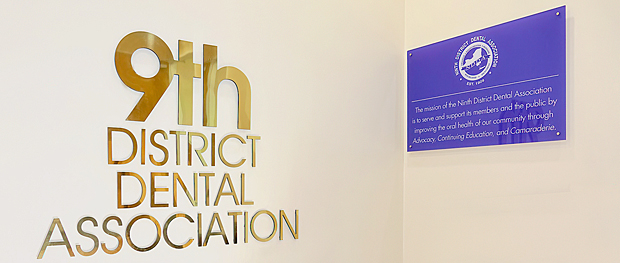

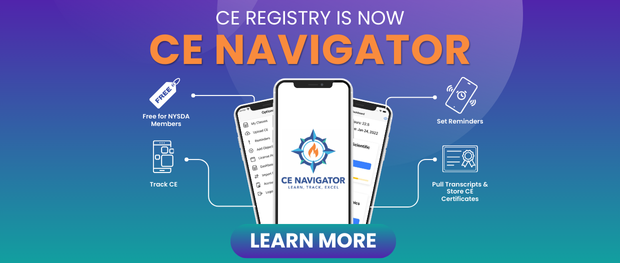
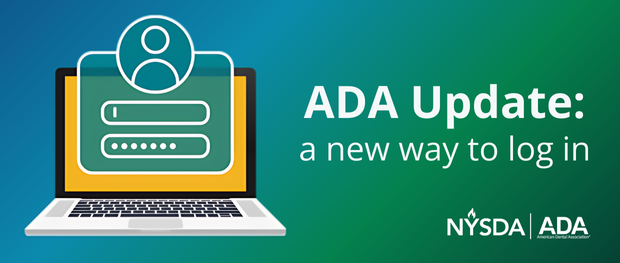
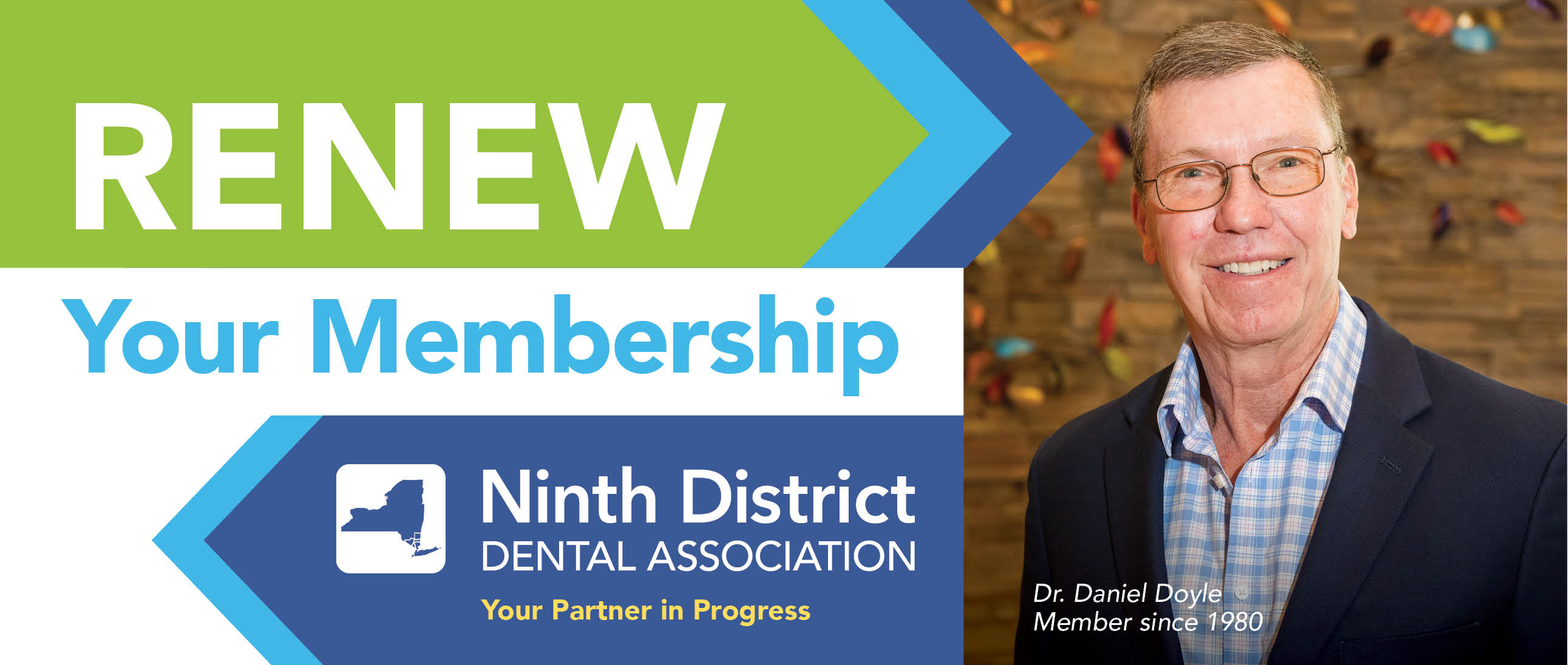






.png?sfvrsn=4447de7f_1)












